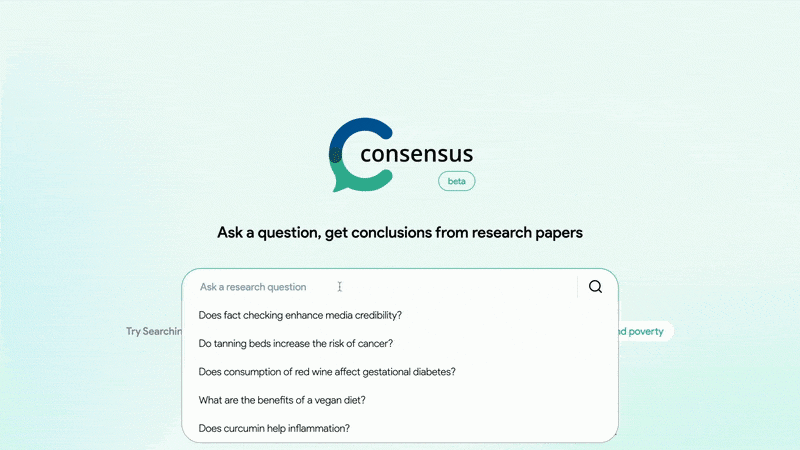Consensus, a pioneering platform in the realm of scientific research, is delighted to announce the introduction of its latest feature: GPT-4-powered scientific summaries. This innovative tool is a significant enhancement to the original Consensus model, which revolutionized the way users search for scientific research by eliminating the traditional list of blue links.
The company's previous update, the Consensus Meter, provided users with a comprehensive view of evidence related to a specific research question with a single click. The new GPT-4-powered feature expands this capability to encompass any research question. The summary generated by this tool will analyze the first 5-10 results and include only those answers deemed relevant by the model.
Unlike some chatbots, the results that power the summary will be displayed directly below the summary box, ensuring transparency and credibility as all the sources are peer-reviewed. However, it's important to note that the summary feature has certain limitations, which are detailed at the end of this profile.

Image Credit: Consensus
Consensus is committed to the responsible and ethical use of AI. To this end, the company has implemented several safeguards for the summary feature. These include:
- Transparency: All results that power the summary are visible directly below the summary interface. The model is explicitly instructed to include information only from these results in the summary output.
- Extraction, not generation: The results that power the summary are exact quotes from papers, not AI-generated text. This approach helps mitigate the risk of the AI "hallucinating" or creating inaccurate information.
- Relevancy and confidence thresholding: If the model determines that the results are not sufficiently relevant to answer the user's question, they will be excluded from the analysis.
Despite these safeguards, the summary feature has limitations. For instance, the current version does not consider the quality of the research, treating all sources equally. The company plans to address this in future updates. Additionally, the summary is only as good as the search logic, and there may be times when the summary does not answer the user's question well. Lastly, while the Consensus database includes over 150 million peer-reviewed papers, it does not cover all research. Therefore, the summary is a snapshot of the relevant research available in the database, not a comprehensive overview of all research on a given topic.
The summary feature is currently in Beta, and Consensus welcomes user feedback to improve it. Users can provide feedback by opening a support ticket in the chat widget.